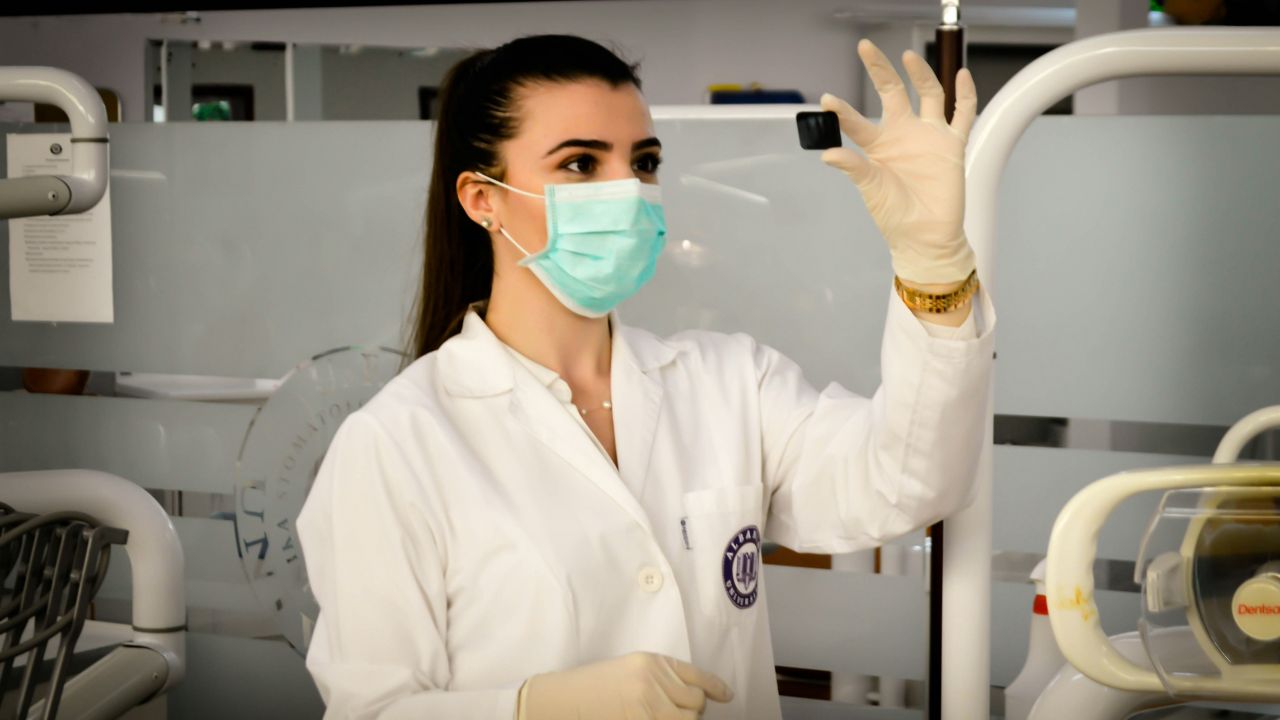Health
Fixtionmania: Understanding and Coping with a Unique Mental Health Challenge
Published
5 years agoon

Welcome to the intriguing world of Fixtionmania – a lesser-known mental health challenge that affects individuals in unique ways. Imagine a realm where reality blurs with fiction, and the line between what’s real and what’s not becomes hazy. In this blog post, we delve into understanding Fixtionmania, identifying its symptoms and causes, exploring its impact on daily life, discussing coping strategies and treatment options, navigating relationships with loved ones facing Fixtionmania, shedding light on breaking the stigma surrounding it through awareness and support initiatives. Let’s embark on this enlightening journey together!
Fixtionmania
Fixtionmania is a complex mental health condition that blurs the boundaries between reality and fiction. Individuals experiencing Fixtionmania may find themselves caught in a web of delusions, where their imagination intertwines with actual events, creating a distorted perception of the world around them.
Symptoms of Fixtionmania can manifest as vivid hallucinations, erratic behavior patterns, and an inability to distinguish between what is real and what is imagined. These symptoms can vary in intensity and frequency, making it challenging for both the individual affected and those close to them to navigate daily life.
The causes of Fixtionmania are multifaceted, often stemming from a combination of genetic predisposition, environmental factors, traumatic experiences, or underlying psychological conditions. Understanding these root causes is crucial in developing effective treatment plans tailored to each individual’s needs.
Identifying the Symptoms and Causes
Fixtionmania is a complex mental health challenge that manifests with distinct symptoms and causes. Individuals experiencing Fixtionmania may have trouble distinguishing between reality and fiction, leading to confusion or disorientation in daily life. They might exhibit intense emotions or beliefs related to fictional characters, worlds, or scenarios.
Symptoms of Fixtionmania can vary from person to person but often include persistent thoughts about fictional stories, difficulty focusing on real-life tasks, and a blurred sense of identity. Causes of this condition are not fully understood but could stem from a combination of genetic predispositions, environmental factors, and traumatic experiences.
Understanding the symptoms and causes of Fixtionmania is crucial for early detection and intervention. By recognizing these signs, individuals can seek appropriate support and treatment tailored to their specific needs.
The Impact on Daily Life
Living with Fixtionmania can significantly impact daily life in various ways. The constant presence of intrusive fictional thoughts can make it challenging to focus on tasks, leading to decreased productivity and concentration. Simple activities like reading a book or watching a movie may trigger intense episodes, making it hard to enjoy leisure time without feeling overwhelmed.
Social interactions can also be affected by Fixtionmania. Engaging in conversations may become difficult as the mind is preoccupied with fictional scenarios, causing misunderstandings or disconnection from reality during discussions. This can lead to feelings of isolation and frustration when trying to communicate effectively with others.
Additionally, managing responsibilities such as work or household chores may become more demanding due to the distractions caused by Fixtionmania. Keeping track of deadlines and commitments might require extra effort, leading to stress and anxiety about meeting expectations.
The impact of Fixtionmania on daily life underscores the importance of seeking support and implementing coping strategies to navigate through these challenges effectively.
Coping Strategies and Treatment Options
Coping with Fixtionmania can be challenging, but there are strategies that can help individuals navigate their symptoms. One effective coping strategy is therapy, specifically cognitive-behavioral therapy (CBT), which can assist in identifying and challenging negative thought patterns. Additionally, mindfulness techniques such as meditation and deep breathing exercises can help manage stress and anxiety associated with Fixtionmania.
Engaging in regular physical activity has been shown to improve mood and overall mental well-being. Setting achievable goals and maintaining a routine can provide structure and stability for individuals dealing with Fixtionmania. It’s also important to prioritize self-care activities like proper nutrition, sufficient sleep, and social connections.
In terms of treatment options, medication prescribed by a qualified healthcare professional may be necessary to manage symptoms of Fixtionmania. It’s crucial for individuals to work closely with their healthcare team to find the most appropriate treatment plan tailored to their unique needs. Embracing a holistic approach that combines therapy, medication if needed, healthy lifestyle habits, and support from loved ones can contribute significantly towards effectively managing Fixtionmania.
Living with a Loved One with Fixtionmania
Living with a loved one who has Fixtionmania can present its own set of challenges. It may feel like riding an emotional rollercoaster, never knowing what to expect next. The unpredictability of their symptoms and behaviors can be draining and overwhelming at times.
Supporting someone with Fixtionmania requires patience, understanding, and empathy. It’s essential to educate yourself about the condition, communicate openly, and seek professional help when needed. Creating a safe and stable environment is crucial for their well-being.
Encouraging them to stick to their treatment plan, such as therapy or medication management, is vital in managing their symptoms. Offering your love and support unconditionally can make a significant difference in their recovery journey.
Remember that taking care of yourself is equally important when supporting a loved one with Fixtionmania. Seek out support groups or therapy for yourself to navigate through this challenging experience together.
Breaking the Stigma: Raising Awareness and Support
Let’s shine a light on Fixtionmania to debunk myths and misconceptions surrounding this unique mental health challenge. By increasing awareness, we can foster understanding and empathy towards individuals struggling with Fixtionmania. It is crucial to educate ourselves and others about the complexities of this condition to break down stereotypes.
Support plays a pivotal role in helping those affected by Fixtionmania navigate their daily lives. Whether it’s offering a listening ear or providing practical assistance, showing compassion goes a long way in promoting acceptance and inclusivity. Let’s create safe spaces where individuals feel comfortable discussing their experiences without fear of judgment.
Together, we can work towards creating a more compassionate and supportive environment for those impacted by Fixtionmania. Let’s amplify voices, share stories, and advocate for better resources and treatment options. Breaking the stigma starts with each one of us taking small steps towards greater understanding and acceptance within our communities.
Conclusion
As we wrap up our exploration of Fixtionmania, it becomes evident that understanding and coping with this unique mental health challenge requires compassion, patience, and support. By identifying the symptoms and causes, individuals can better grasp the complexities of this condition and seek appropriate help.
The impact on daily life can be profound for those affected by Fixtionmania’s, influencing relationships, work performance, and overall well-being. Coping strategies and treatment options play a crucial role in managing symptoms and enhancing quality of life.
Living with a loved one who has Fixtionmania presents its own set of challenges but also opportunities for growth and empathy. Breaking the stigma surrounding mental health disorders like Fixtionmania is essential in fostering awareness and support within communities.
By shedding light on Fixtionmania through education, advocacy, and understanding, we can create a more inclusive society that values mental health as much as physical health.
You may like

Is Fmovies Safe? What You Need to Know Before Streaming

Dominating the Digital Pitch: A Step-by-Step Guide to Creating Futbol Libre Content

Conquering CricHD: A Comprehensive Guide to Cricket Streaming

What You Need to Know About Police Brutality?

12 Sites to Watch Free Online TV Shows with Complete Episodes in 2024


